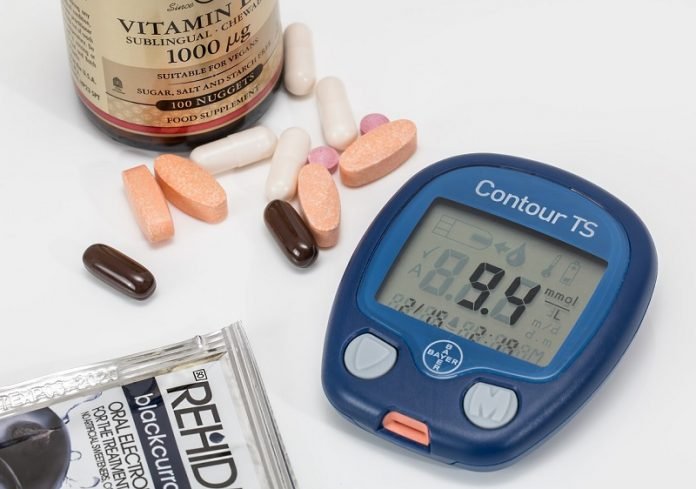
Pre-diabetes is a health condition in which blood glucose levels are higher than normal.
Although not high enough to be diagnosed with type 2 diabetes, the condition is quite harmful.
People with pre-diabetes have a higher risk of developing type 2 diabetes and heart disease.
Previous research has shown that genetic or lifestyle risk factors can contribute to the development of pre-diabetes.
According to researchers from NIH, there are nine big risk factors:
Being overweight or obese;
Age 45 and older;
Having a parent or a sibling with diabetes;
Having African American, Alaska Native, American Indian, Asian American, Hispanic/Latino, Native Hawaiian, or Pacific Islander American ethnicity;
Having a sedentary lifestyle;
Having high blood pressure or high blood cholesterol levels;
Having a history of gestational diabetes;
Having a history of heart disease or stroke;
Having polycystic ovary syndrome, also called PCOS.
In addition, people who have metabolic syndrome, a combo of high blood pressure, high cholesterol levels, and central obesity have a higher risk of pre-diabetes.
Recent research also has shown that certain drugs, such as glucocorticoids, some antipsychotics, some medicines for HIV, and some drugs for sleep problems may increase pre-diabetes risk.
To prevent pre-diabetes, people need to change their lifestyle habits. They need to have a healthy diet, regular exercise, and a healthy body weight.
Copyright © 2019 Knowridge Science Report. All rights reserved.



